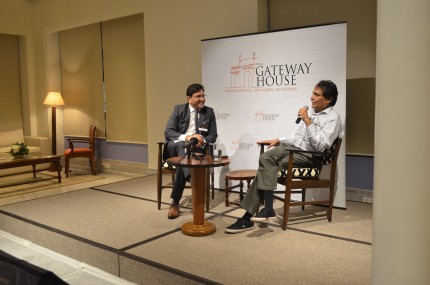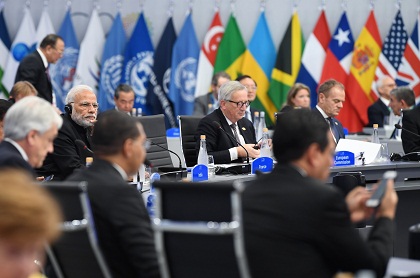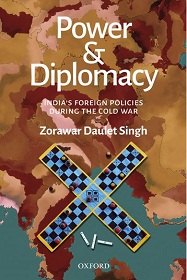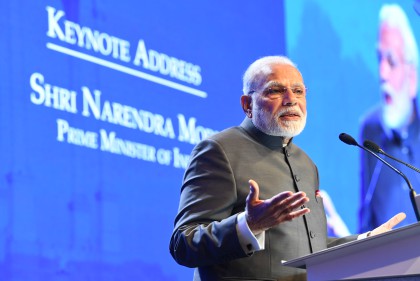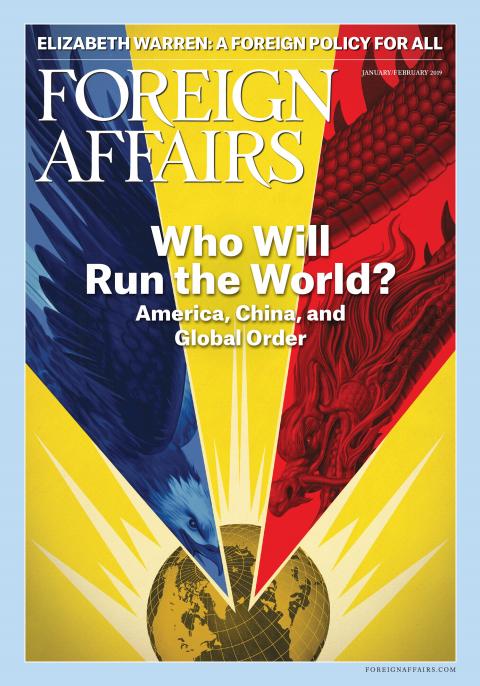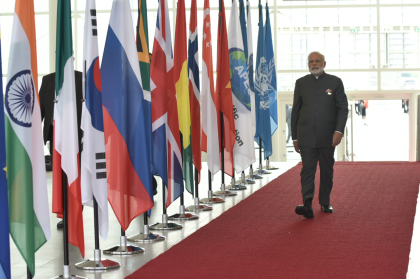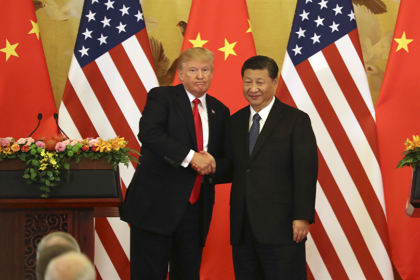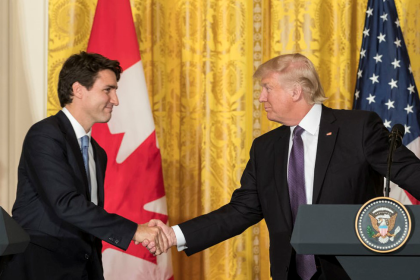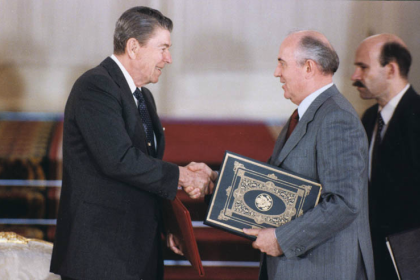India and the G20: address by Suresh Prabhu
Suresh Prabhu, G7 and G20 Sherpa for India and four-time Member of Parliament, who was at Gateway House for a meeting in July, spoke about India’s growing prominence in the G20 and gave a summary of discussions at the Osaka Summit

